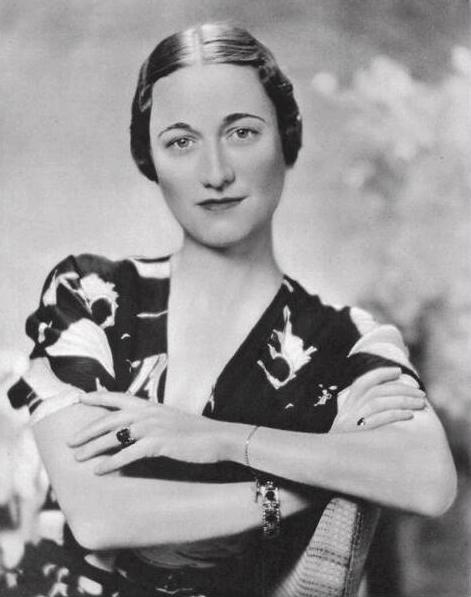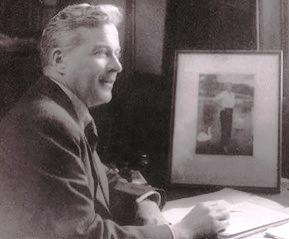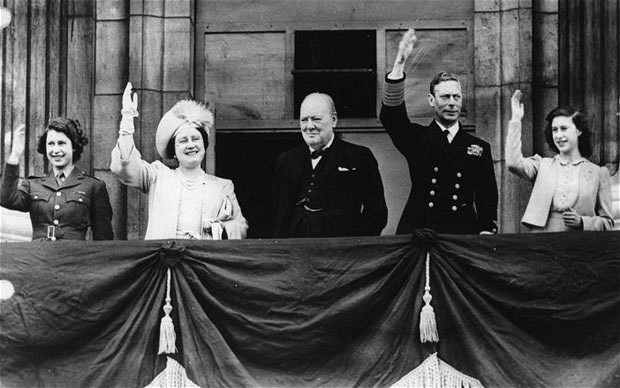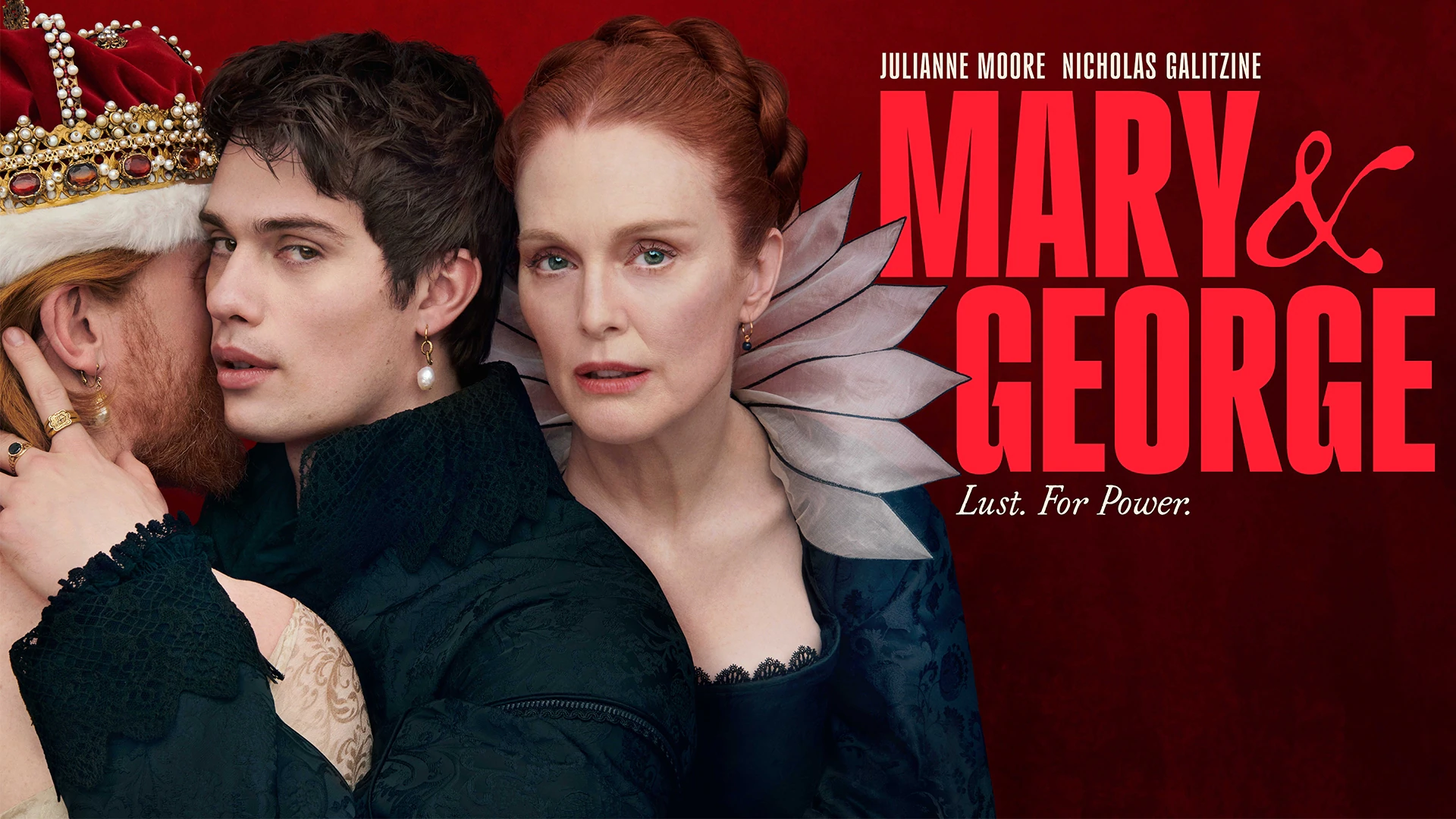Right, normal blogging resuming in 5,4,3,2…
My most recent article The History of: The Young Victoria touches on the role of Prince Albert in modernising the monarchy with the advent of new inventions. This theme continues in The King’s Speech (2010) showing the monarchy having to adapt to the popularity of radio and the rising use of television. In the film, this poses particular problems for Prince Albert, Duke of York who has a prominent stutter, leaving public recordings something of an ordeal for audience and the prince alike. The King’s Speech shows Albert’s struggle to overcome his stutter with the help Australian speech therapist, Lionel Logue, against the backdrop of 1920s/30s Europe, the rise of Nazism and predominantly; the abdication crisis.
Despite massive commercial success the film is guilty of altering events to better fit the dramatic storyline. Most notably events are condensed to appear as though they occurred over a short number of years rather than the decades. Contrary to the film’s depiction, the Duke had been receiving Logue’s services for ten years prior to the abdication crisis and had long since overcome the worst of his speech impediment by the time he made his initial wartime broadcast. Indeed, the Duke was speaking normally within months of first approaching Logue in 1926.
The Abdication Crisis

The major historical event that features in the film is Edward VIII’s abdication crisis of 1936 which resulted in Albert’s accession as King George VI.
Even before George V’s death, his eldest son Edward was not considered a suitable heir to the throne. His lifestyle was frivolous, something which the film dramatises, he took little interest in politics and was known to have equally little discretion regarding confidential or sensitive political information. He was a known bachelor maintaining a number of mistresses, some of them already married. In 1934 while Edward’s mistress, Lady Furness, was away he met Wallis Simpson, a married American socialite, and she replaced Furness in his affections.
When George V died in January 1936 Edward became King Edward VIII. Before he died George V accurately predicted that Edward would ruin himself within twelve months of becoming king. He had previously remarked that he hoped his second son, Albert, would succeed him over his brother. True to form Edward defied protocol and convention by hearing his proclamation as king in the presence of Simpson. She accompanied him to a number of royal social functions, as well as a holiday in the Mediterranean instead of the monarch’s traditional retreat to Balmoral. There were rumours that the two were preparing to marry as soon as Simpson could free herself of her second husband.
Such a marriage presented the basis for a constitutional crisis. The most obvious obstruction to the union was that Simpson was a divorcee with two living husbands. At the time British law did not recognise divorce for any reason other than adultery, and Simpson’s first divorce was on the grounds of ‘emotional separation’. As the head of the Church of England, which did not sanction divorce, Edward’s continued sexual relations with a married woman was a scandal, a potential marriage was unthinkable.
As if the issue of divorce were not contentious enough, Simpson was thought to have some kind of sexual hold over the king, something which was simply not acceptable for the morality of the time. As well as this she was alleged to be having numerous other affairs. Most damaging were the rumours that she was having an affair with the German ambassador, Von Ribbentrop, which fuelled speculation that Simpson was actually a Nazi agent.
By the October of 1936 Simpson had filed for divorce, ironically citing her husband’s adultery as the cause, and it was reported widely (except by the British press who voluntarily refused to publish any stories on the matter) that the couple’s marriage was imminent. At a November meeting with the Prime Minister, Stanley Baldwin, Edward announced his intention to marry Simpson. Various options were entertained including the idea that they would marry but Simpson would not become queen. Baldwin warned him that the governments of the Commonwealth and the people at large would not accept Simpson as his wife. After some consultation, it was decided within a matter of weeks that the king had no choice but to give up Simpson or abdicate. On the 10th December Edward abdicated the throne to his brother Albert who became King George VI.
George VI and Lionel Logue

As a child Albert suffered from numerous ailments and developed a stammer in his early youth. After his closing speech at the British Empire Exhibition which proved to be excruciatingly embarrassing for all concerned, Albert began to take therapy classes with the Australian speech therapist; Lionel Logue. As a result of their sessions Albert’s speech rapidly improved and he was able to open Parliament House in Canberra in 1927, without stammering. Albert was able to speak confidently, with only the smallest hesitation which remained with him, though Logue assisted him with his speeches and broadcasts until the end of the war. Although their professional relationship ended in the 40s, with the end of the war, the two remained close friends until Albert’s death in 1952. In 1944 Albert had appointed Logue a Commander of the Royal Victorian Order, an honour granted to those who have been of performed acts of personal service to the monarch or their family.
Some weeks before filming ended, Logue’s personal diaries were found and dialogue from them was incorporated into the script. Logue’s grandson also incorporated the diaries into a book; The King’s Speech: How one man saved the British Monarchy which documents the treatment, the relationship between the two men and also the role of Queen Elizabeth (later the Queen Mother) in Albert’s recovery.
Winston Churchill

The most dramatic licence is taken with the person of Winston Churchill. The role of Churchill is expanded from a number of other, lesser known, politicians. The film depiction of Churchill is used as a recognisable figure to represent the majority feeling of Parliament at the time, even though Churchill was actually supportive of Edward VIII, to the point where it caused friction between Churchill and Albert upon his ascension.
At the November consultation meeting between Baldwin and three leading politicians, including Churchill, Churchill outlined his position; that he personally supported the king but would support the government if they felt abdication was the only satisfactory outcome. Despite these promises Churchill actually went against the government stance by recommending Baldwin delay the abdication plans. He felt that given enough time Edward’s relationship with Simpson would run its course and the situation would resolve itself naturally, something which Baldwin rejected. Rumours circulated that Churchill would polarise the king’s supporters into a party which would oppose the government’s stance on the abdication and while such a party never materialised Churchill’s career and relationship with the Albert was initially damaged by the suggestion.
Shortly before the abdication Edward proposed to broadcast a speech, drafted in part by Churchill, whereby the king affirmed his desire to remain the king while also marrying Simpson. Certain lines where Edward referred to the ability of the common man to marry whom they wanted and assured the public that they had never intended to make Simpson queen, were thought by Baldwin to be too controversial and the speech was blocked. The speech also referred to a time when the public might come to their senses regarding the matter and restore him to the throne which was constitutionally unthinkable.
Churchill’s career in politics was severely damaged by his support of Edward VIII, however he was able to recover enough to become Prime Minister after Neville Chamberlain’s resignation in 1940, during which time he garnered support by portraying himself as the only politician who had previously recognised Hitler’s intention and anticipated the outbreak of war.













